A Wales group delivers prescriptions and food to help communities on a local level since lockdown.
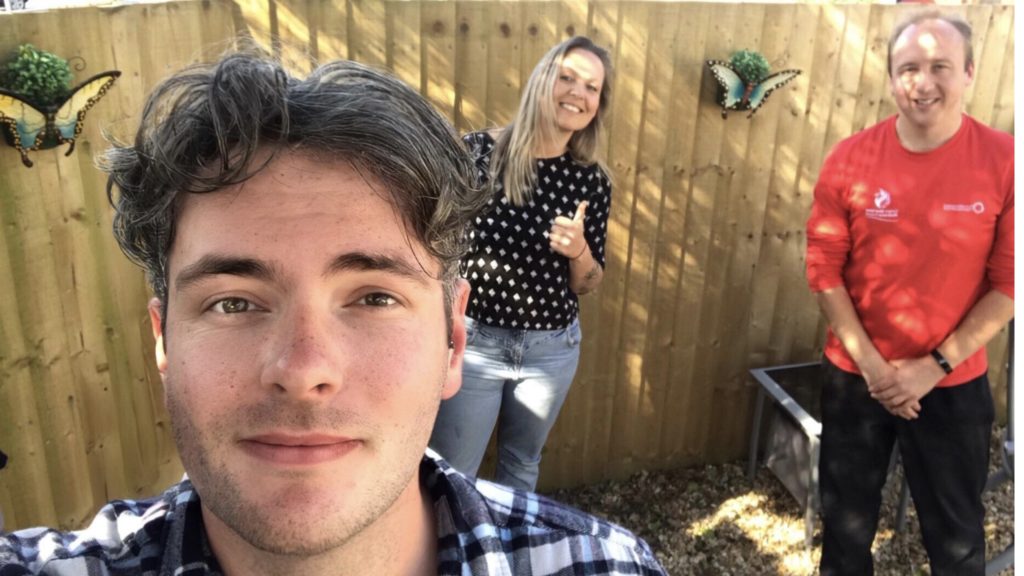
As 2020 begins, the blizzard of COVID-19 is bearing down on the UK. A 28-year-old healthcare worker, Patrick Mulder, from Sketty, Swansea, shrugged it off at that time.
He didn’t believe COVID would be a thing to pay attention to when bushfires were raging in Australia and other horrific events were taking place around the world.
“COVID would be relegated to the sidelines of history,” said Patrick. However, he soon ended up being dreadfully embarrassed by the short-sighted view, and changed his mind – determined to do something for the community to against Coronavirus.
On 15 March last year, he made the decision that set up the Sketty Community Outreach Group (now Sketty Online) with 160 like-minded people delivering prescriptions and necessities for isolating and vulnerable people.
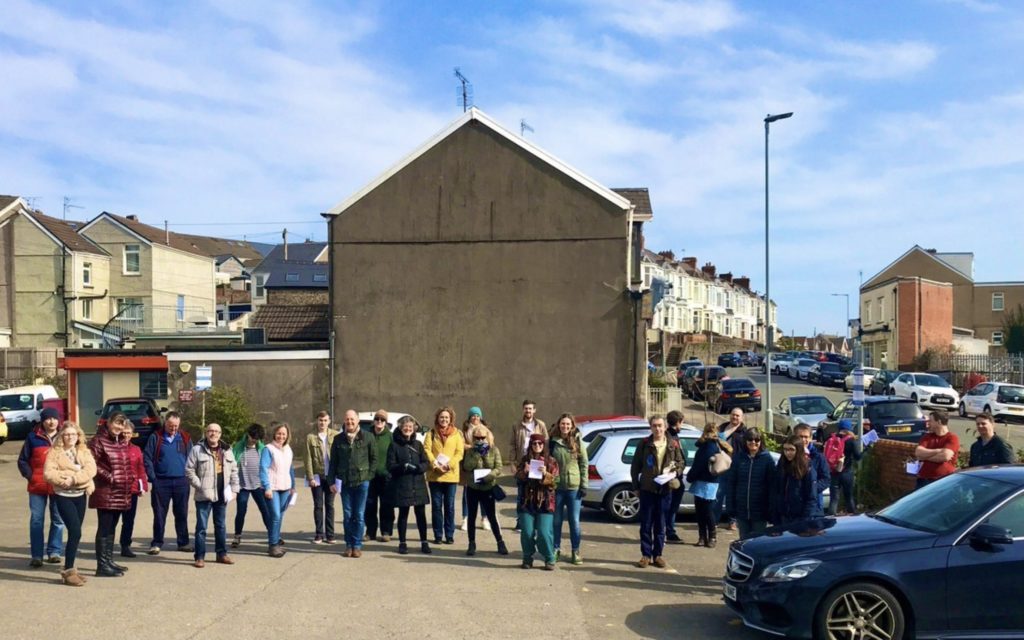
As COVID-19 spread rapidly through northern Italy and across Europe, there was an air of unease in Sketty, which is a community of Swansea, where Patrick lives. The elderly make up a large proportion of the population in this community of about 6,000 people.
“I knew that should we be inundated with cases like Italy, there would be no sufficient infrastructure to deal with basic needs, such as medication deliveries, and guessed that online food retailers would quickly be swamped,” said Patrick.
Volunteers do what they could to help their communities on a local level. “If we made even a handful of people feel less alone – we would have done a good job,” said Patrick.
Who could have foreseen that, so far, this group has delivered more than 800 prescriptions and served more than 300 food stores?
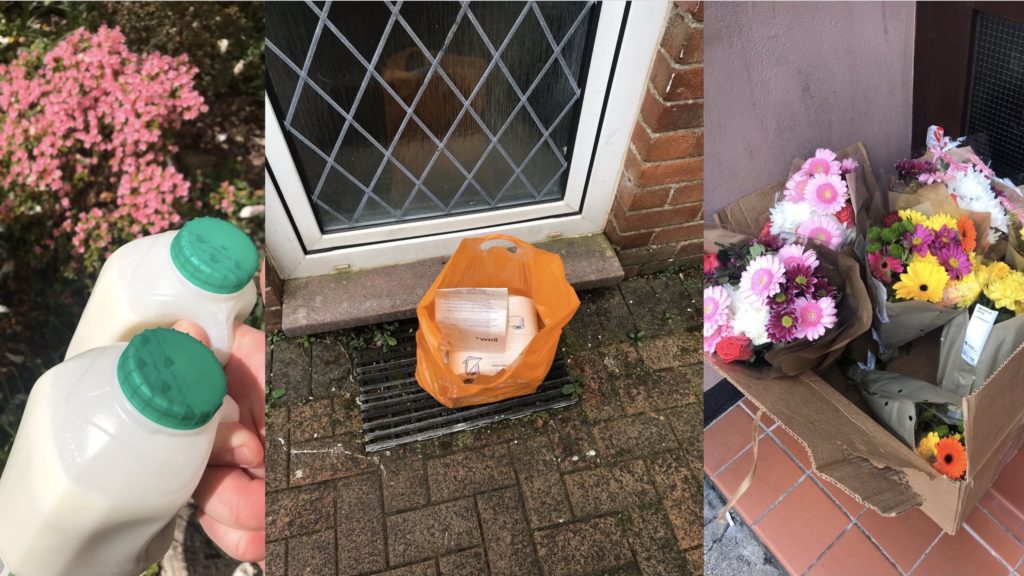
At the beginning, Patrick needed to distribute leaflets to advertise the group to attract more people joining in. “It was gonna be very difficult. I thought no one was gonna bother,” said he.
But it was easier than he predicted. “I put out a call on Facebook. I thought maybe two or three people would turn up but 38,” said he, which sparked his hope and lay the foundation for the Sketty group.
At that moment, the UK encountered its first lockdown, and residents faced an unprecedented sense of isolation and loneliness.
“When delivering prescriptions, I’d regularly be told that I was the first person the service user had seen or talked to in weeks,” said Patrick. “As time moved on it became clear that every time a delivery was undertaken, it sent out a message of hope, friendship, community and support to our most vulnerable neighbours.”
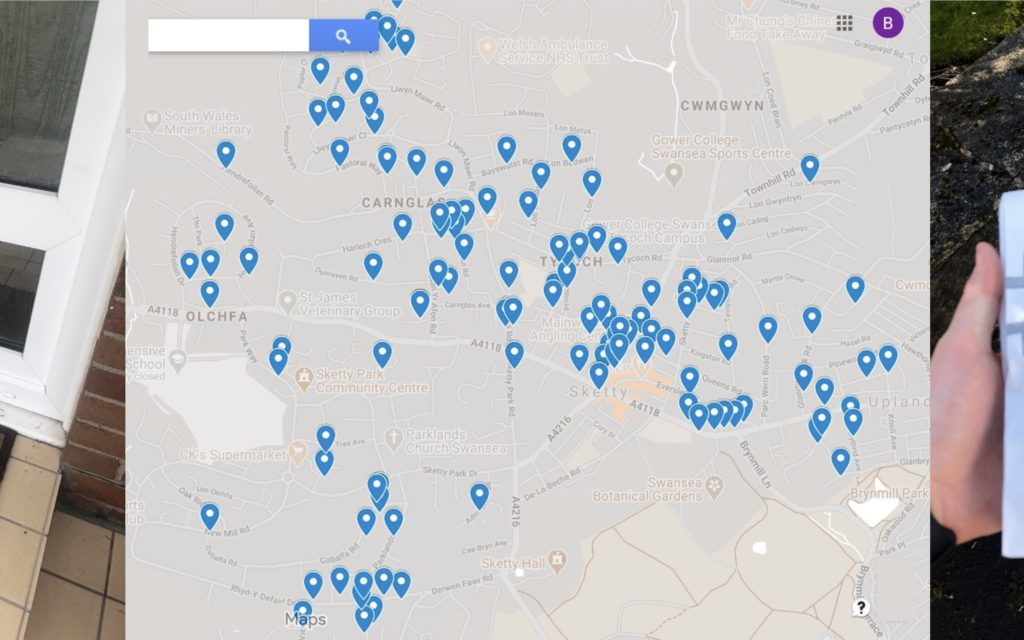
“I probably worked eight to nine hours a day,” said he. With the number of COVID-19 positives on the rise, more and more people came to him for help.
He was like an information relay station at first, because all calls asking for help were made to him, who then wrote messages and found the nearest volunteers to go to users to do tasks.
“The only thing I struggled with was the phone calls. I go out for a walk, and I’d come back and it’d be 20 new phone calls. It was a bit stressful sometimes, but there were lots of people there to help me,” said he. Other than that, everything went smoothly.
To improve work efficiency, a system to map out volunteers developed by Swansea Council Local Area Coordinator Ben Thompson for the group was applied. “We could link our service users with their nearest helper. Both to reduce travel time and with a view to create a stronger connection that would continue after lockdown had ended.”
Strict delivery guidelines have also been developed and implemented since then to protect the health and safety of volunteers. “We’d give people gloves, and they’d have to source their own alcohol and gel. And there were basic instructions like leave the prescription or food on the doorstep, and don’t go into the service users home. If you do talk to them, make sure you’re two meters away.”
Patrick says he doesn’t know of any volunteers who picked up COVID from doing volunteer things. Basic safeguards provide a reliable guarantee.
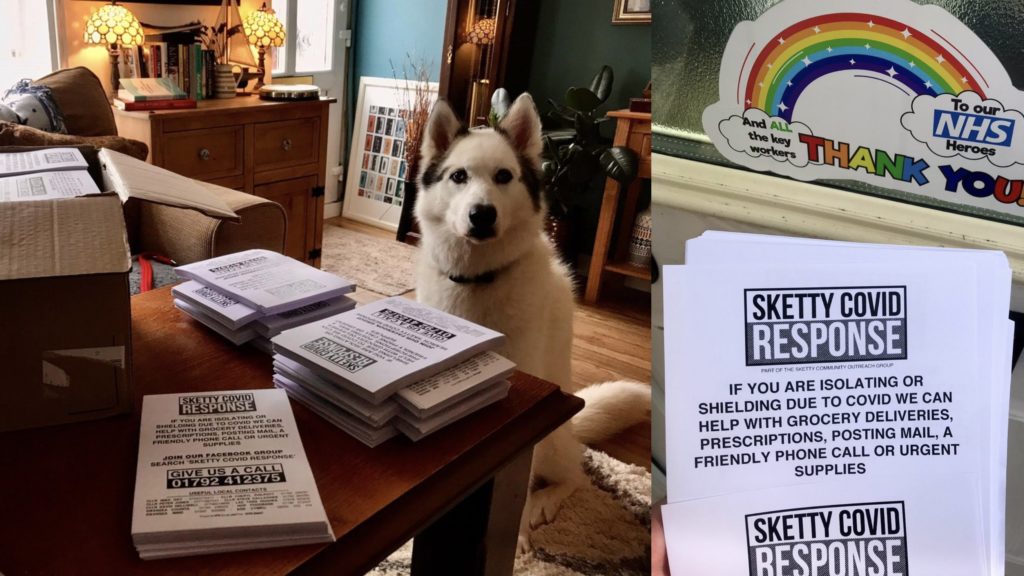
For the work he undertook in his community during the Covid-19 crisis, he won Census 2021 Heroes, awarded by Census officials on March 2021, which is to recognise the achievements of 22 ordinary people who have done extraordinary things in Wales and England.
“I’ve never won anything before, not even a goldfish in the fairground, so I didn’t really know what to say,” said Patrick. He felt overwhelmed and shy about the honor. “But it was nice. I had a very bad year before with mental health, so it was a nice end and to be recognized.”
Recently, with the improvement of COVID, calls for help have dwindled, but the group hasn’t stopped working because the pandemic crisis hasn’t gone away. “The numbers went up and up very quickly in the past,” said Patrick. He thinks the Sketty group should be prepared for a backlash.
“Anything people would normally do that they couldn’t do, we tried to do,” said he. “If I am proud of anything, it is that our actions went some way to allay their fears during a really frightening time.”
